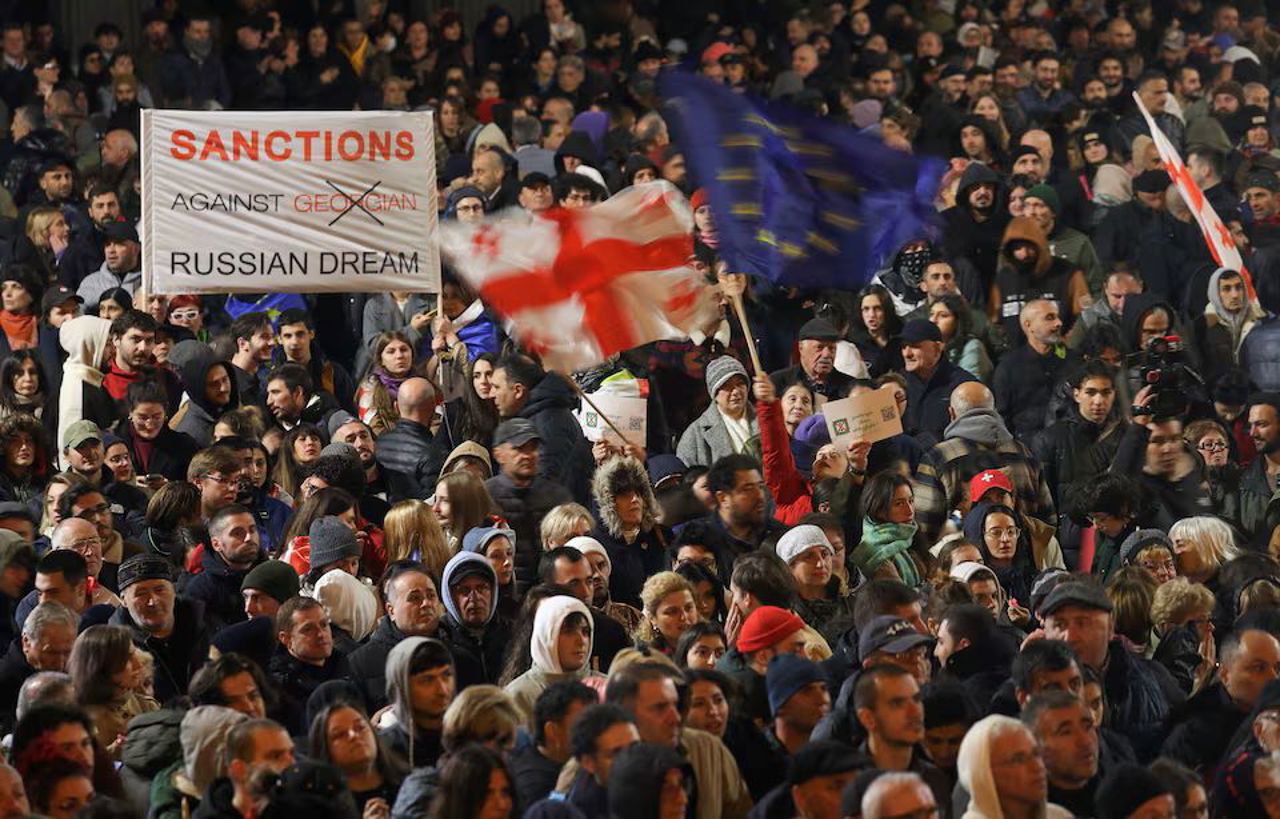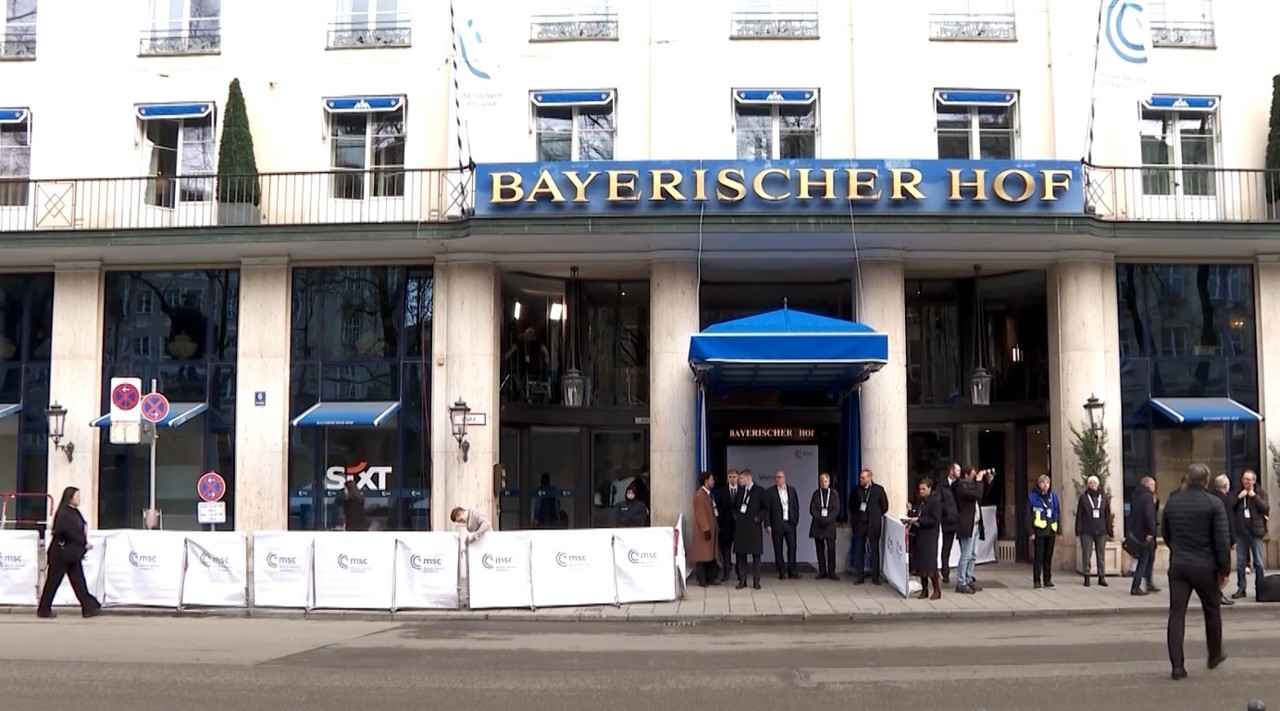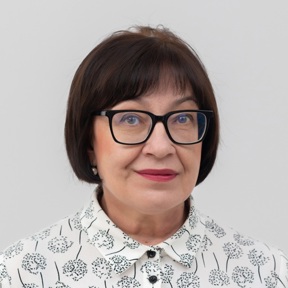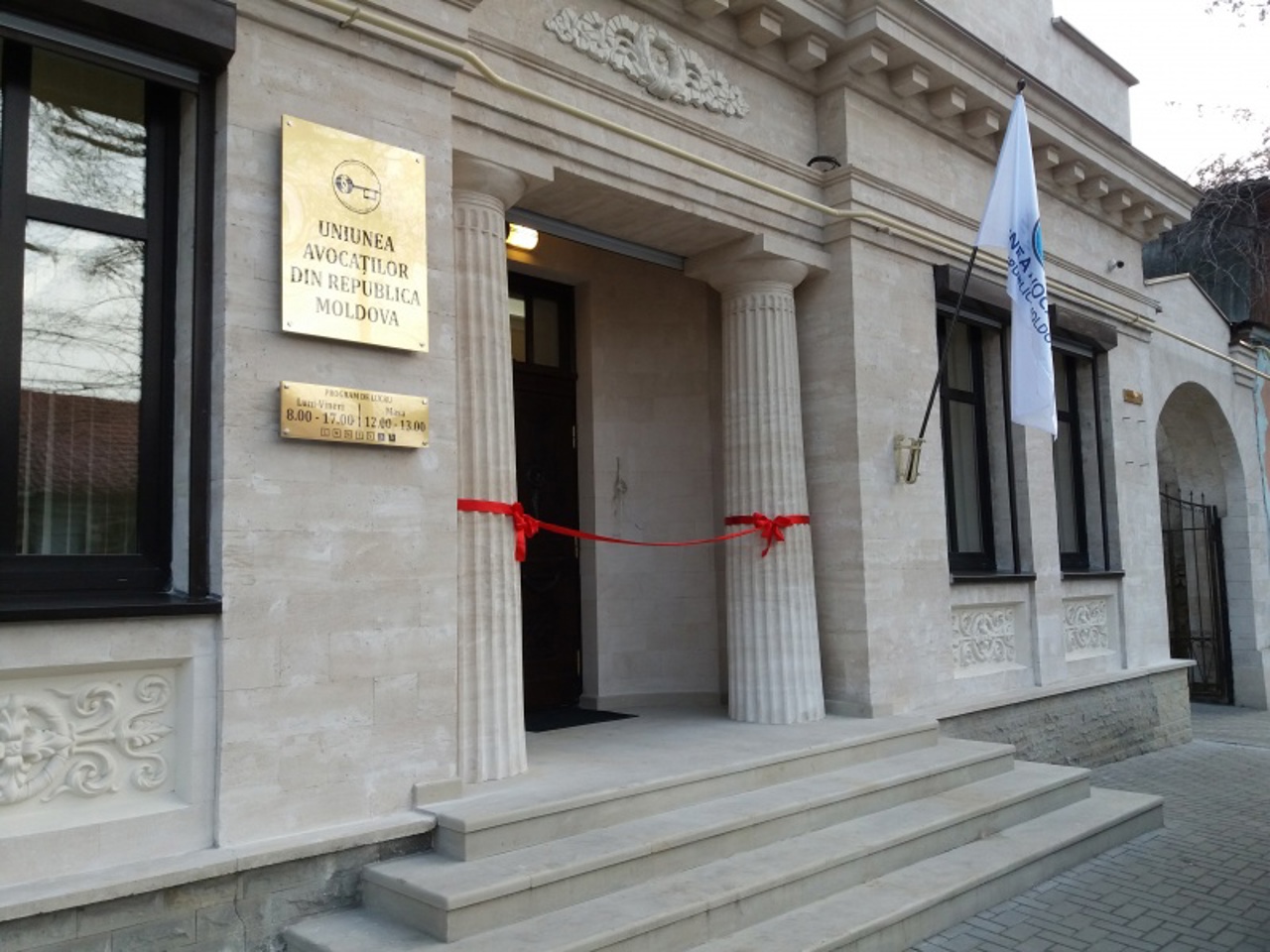Thousands protest Tbilisi election results amid fraud claims
Thousands of people gathered once again in Tbilisi to contest the results of the parliamentary elections held on October 26.

The rally was announced after Georgian authorities rejected the proposal for an international investigation into the alleged irregularities during the elections, which the opposition does not recognize.
Leaders of several political parties, accompanied by thousands of supporters, assembled in front of Parliament, where the rally is taking place. Opposition leaders are expected to announce their subsequent action plan.
In the parliamentary elections, the Georgian Dream Party, regarded as pro-Russian by both the opposition and Western observers, secured 54% of the votes. In contrast, the four opposition blocs combined garnered nearly 38%. The latter, supported by the pro-Western President Salome Zurabishvili, claim that fraud occurred and are demanding an international investigation or new elections under an “international administration.”
Last Wednesday, the Georgian Prosecutor’s Office initiated an investigation to examine the alleged electoral fraud and summoned President Zurabishvili to present evidence supporting her accusations; however, she declined to appear.
On Monday, she drew a parallel with the presidential elections in Moldova, lamenting that, unlike the Moldovan diaspora, the Georgian diaspora was unable to vote in large numbers. “Moldova was saved by the votes from the diaspora,” wrote Salome Zurabishvili on the social media platform X, referring to her counterpart Maia Sandu’s victory in the presidential elections, which was bolstered by votes from abroad. In contrast, only about 34,000 citizens voted from outside Georgia during the legislative elections.
Meanwhile, the electoral commission in Georgia announced the results of the manual recount of votes in 366 polling stations, conducted not because of allegations of fraud but to enhance the credibility of the elections through additional verification. In 91% of these polling stations, the outcome remained unchanged, while in the others, there were “insignificant changes,” the commission reported.
Translation by Iurie Tataru




